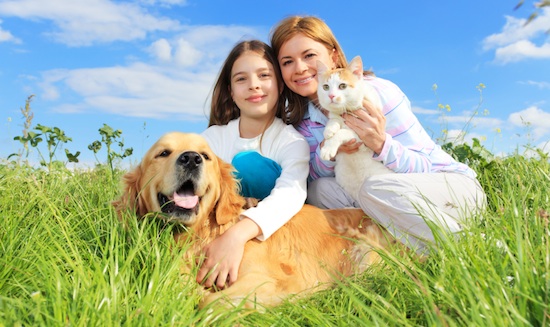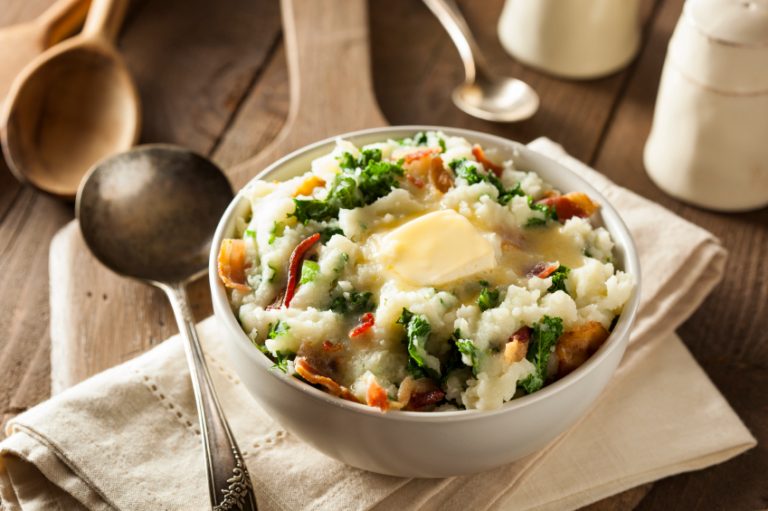Get Dirty: DIY Compost Bin
April 27, 2012
April is Earth Month, and to celebrate, I would like to share a smart and simple way for you to help our planet – composting. It seems the general public has been made aware of so many key terms concerning environmental awareness, like genetically modified organisms (GMO), Bisphenol A (BPA) and Chlorofluorocarbon (CFC). While learning about all the new research can sometimes be overwhelming, what’s important to remember is that we can all do our part. This may involve using cloth diapers, shopping with reusable grocery bags, recycling, and purchasing energy safe appliances. Another simple way to reduce waste while helping the environment is to compost.
Composting has many benefits:
- Creates nutrient-rich soil to use in your vegetable or flower garden.
- Reduces the amount of waste you are disposing of daily.
- Decreases money spent on fertilizers and soil.
- Teaches children about the decomposition process.
Creating a compost bin in your backyard is inexpensive and easy. You will need just a few things to get started: a large heavy-duty plastic bin with a lid, 4 bricks, and a drill.
Here’s how to put it all together:
- Begin by drilling 5 – 6 holes in the lid of the bin and 5 – 6 holes at the bottom of the bin. The holes should be about the size of a quarter. This is to let the compost bin ‘breathe’ by allowing in air, rainwater, and small critters.
- Next, prop the compost bin on the bricks so it is several inches off the ground.
- Place the bin in an area that is exposed to rain, wind, and sun.
- You will want to fill your compost bin with 50% ‘brown’ items (things like twigs, matte paper, and cardboard) and 50% ‘green’ items (grass clippings, fruits and veggies, and egg shells). Avoid glossy or colored paper, animal/meat products, and any items that will not break down (e.g. metals, plastics, Styrofoam).
- I add to my compost bin daily as I cook and clean. Depending upon the weather conditions in your area, it will take time to break down your composting material. I live in South Florida, where we get a lot of sun and rain, so my compost bin converts into soil fairly quickly. We are in the process of rebuilding our herb and vegetable garden, and our composted soil will be an incredible tool in growing healthy food for my family.
Have you tried composting yet?







